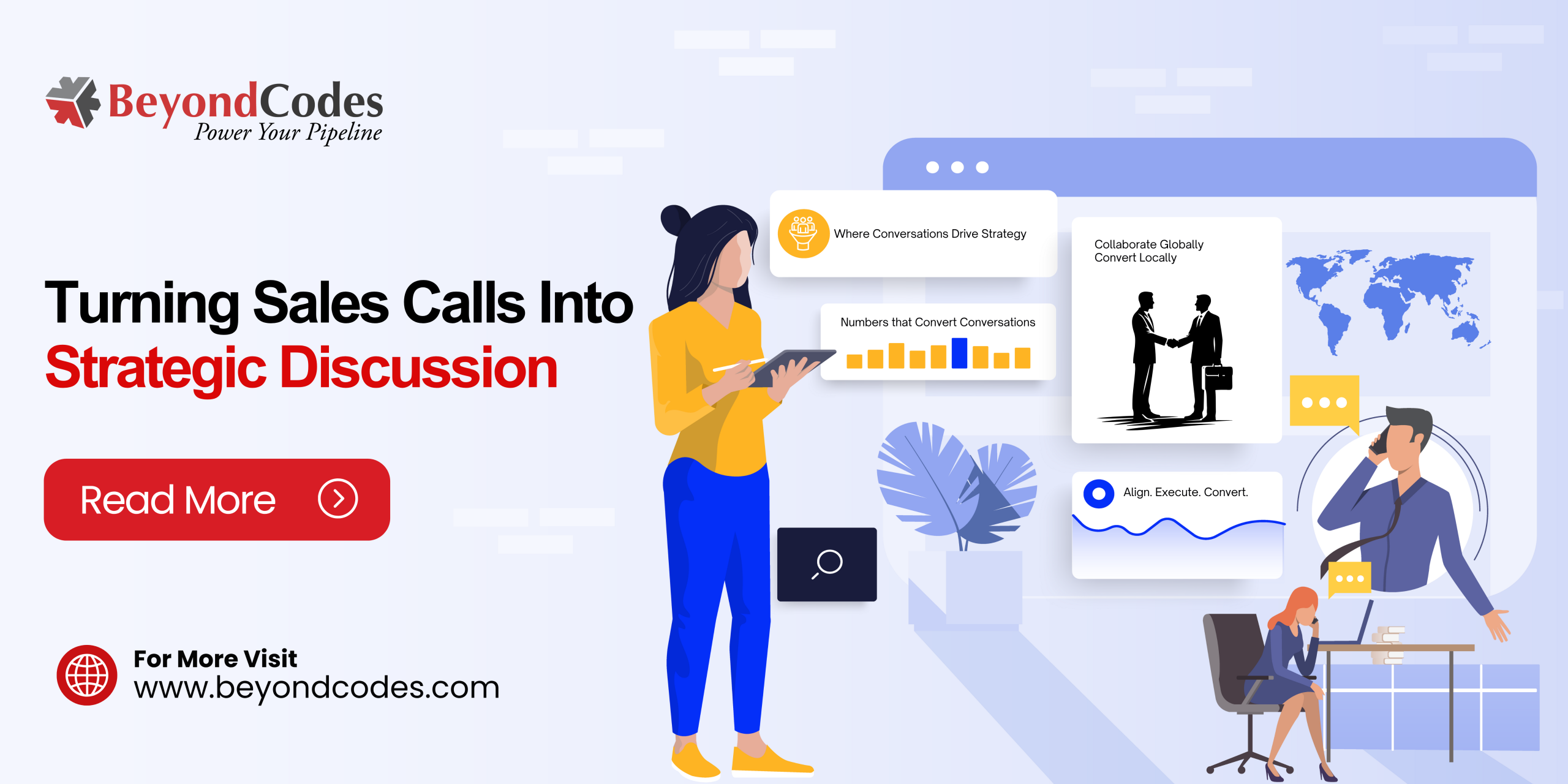B2B (business-to-business) marketing is a unique process that requires a different approach than B2C (business-to-consumer) marketing. B2B marketing targets other businesses, rather than individual consumers, and the sales process is often longer and more complex. Developing an impactful B2B marketing strategy can be challenging, but with the right approach, it can lead to significant growth for your business.
- Understand Your Target Market
The first step in developing a B2B marketing strategy is to understand your target market. This includes researching your target industry, identifying key players, and understanding the needs and challenges of your target audience. This information will help you to create targeted marketing campaigns that speak directly to your audience and address their specific needs.
- Define Your Unique Value Proposition
Once you understand your target market, you need to define your unique value proposition. This is a statement that clearly communicates the benefits of your product or service and how it is different from your competitors. Your unique value proposition should be used as the foundation for all of your marketing efforts, including your website, social media, and email campaigns.
- Create Targeted Content
Creating targeted content is an essential part of B2B marketing. This includes creating blog posts, whitepapers, case studies, and other types of content that provide value to your target audience. The content should be designed to educate, inform, and engage your target audience, rather than simply promoting your product or service.
- Leverage Social Media
Social media is a powerful tool for B2B marketing. It allows you to reach a large audience and engage with them in a more personal way. Platforms such as LinkedIn, Twitter, and Facebook are great for building relationships with potential customers, sharing industry news, and promoting your brand.
- Optimize Your Website
Your website is often the first point of contact for potential customers. It should be optimized for conversions and provide a great user experience. This includes making sure that your website is mobile-friendly, easy to navigate, and that it clearly communicates your unique value proposition.
- Use Email Marketing
Email marketing is a cost-effective way to reach your target audience and nurture leads. It is important to segment your email list and create targeted campaigns that speak directly to the needs of your audience. You can use email marketing to promote new products, share industry news, and keep in touch with your customers.
- Measure and Optimize
Finally, it is important to measure the success of your B2B marketing efforts and make adjustments as needed. This includes tracking website traffic, conversion rates, and social media engagement. Use this data to optimize your marketing campaigns and improve your ROI (return on investment).
In conclusion, developing an impactful B2B marketing strategy requires a deep understanding of your target market, a clear unique value proposition, targeted content, and effective use of social media, website optimization, email marketing and measurement. By following these steps, you can create a B2B marketing strategy that will help your business to grow and succeed.







